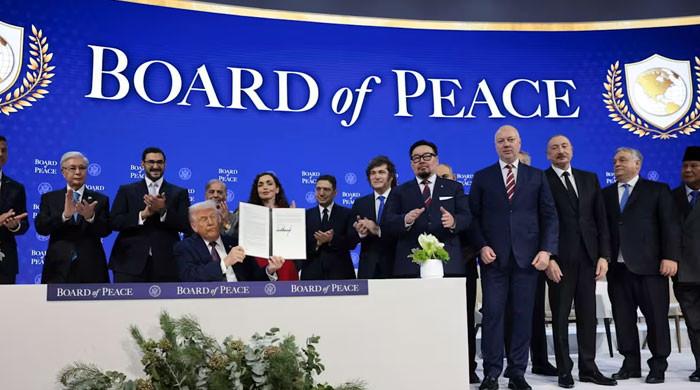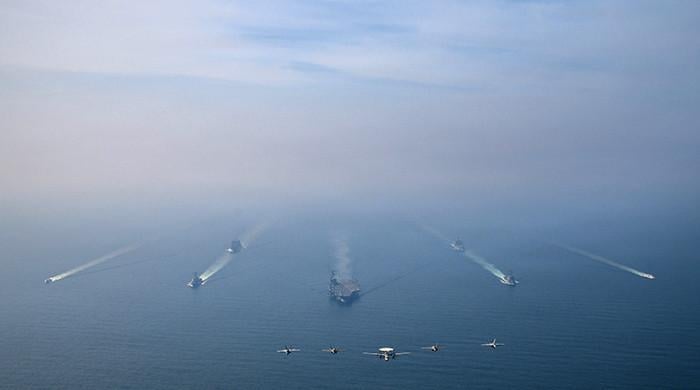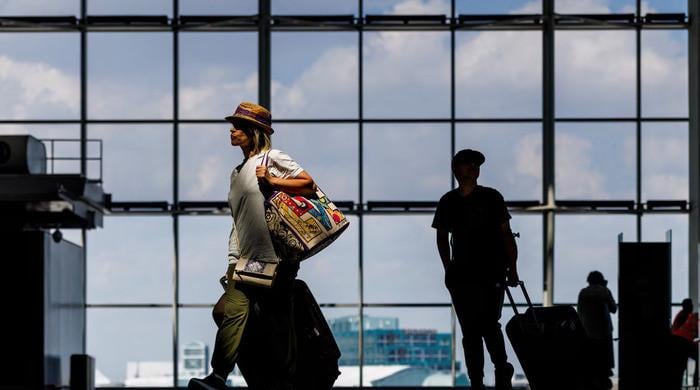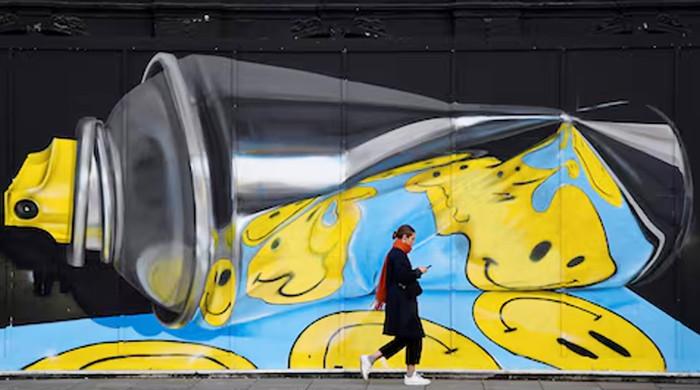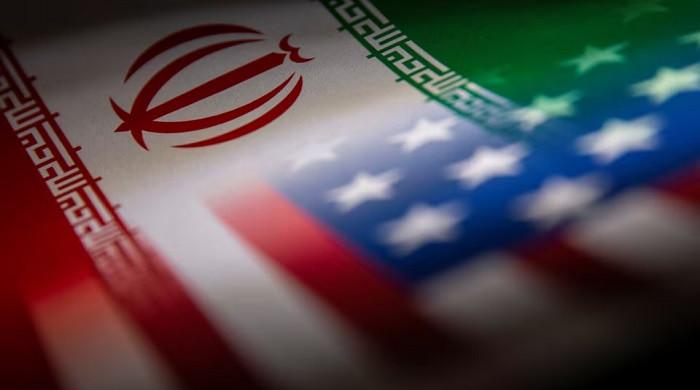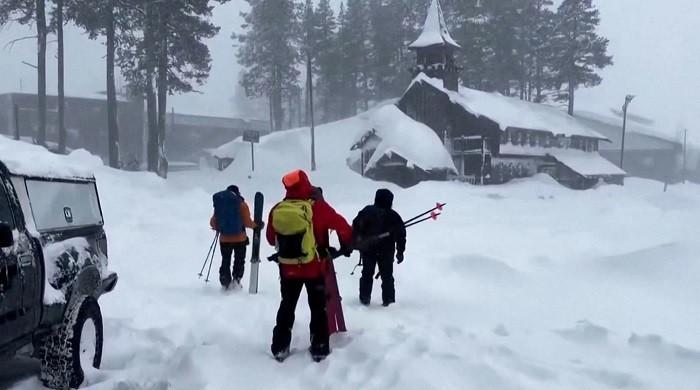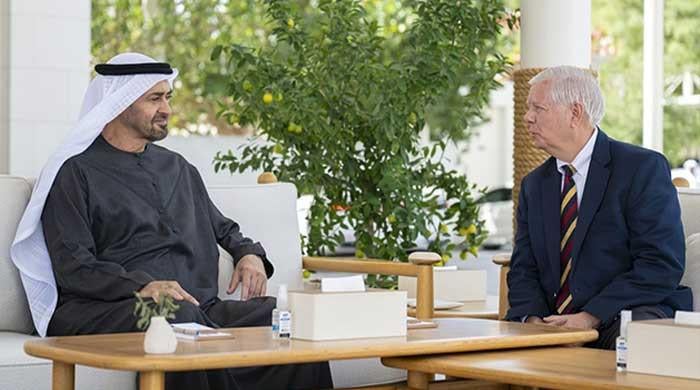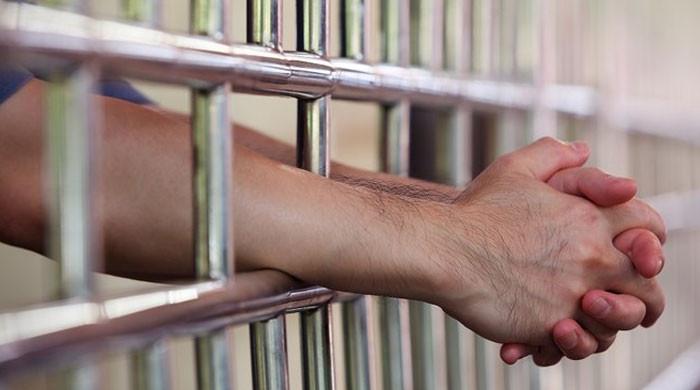Largest Palestinian displacement since 1967: 'Nobody cares about us'
Court permitted destruction of eight villages in Masafer Yatta and allowed for land to be used for military exercises
July 01, 2022
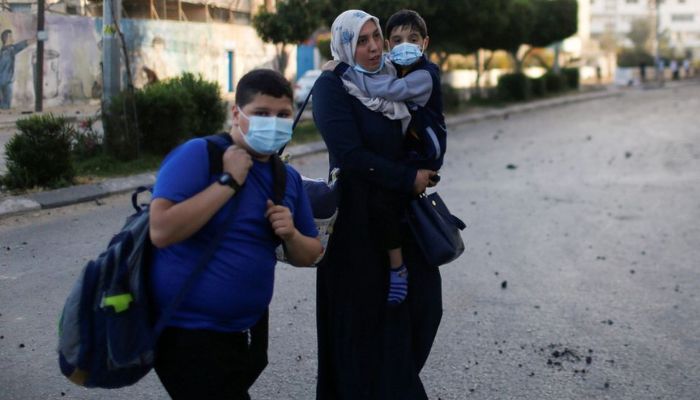
These days, the Palestinian families living in the Israeli-occupied West Bank hamlet, Masafer Yatta, live in constant fear of being forced out of their homes after a recent judgment by an Israeli court.
On May 4, in a decades-long case, the court permitted the destruction of eight villages in Masafer Yatta and allowed for the land to be used for military exercises.
After the ruling, this could be the largest displacement of Palestinians since Israel captured West Bank in 1967, as around 12 Palestinian communities live in the area, which has a population of 2,500 residents.
Israel had already, unofficially, declared this area as a military training zone in 1981. But now it is official.
Even before the verdict, residents had been struggling against illegal demolitions, property seizures, and the disruption of essential supplies, therefore food and water.
Ethnic cleansing
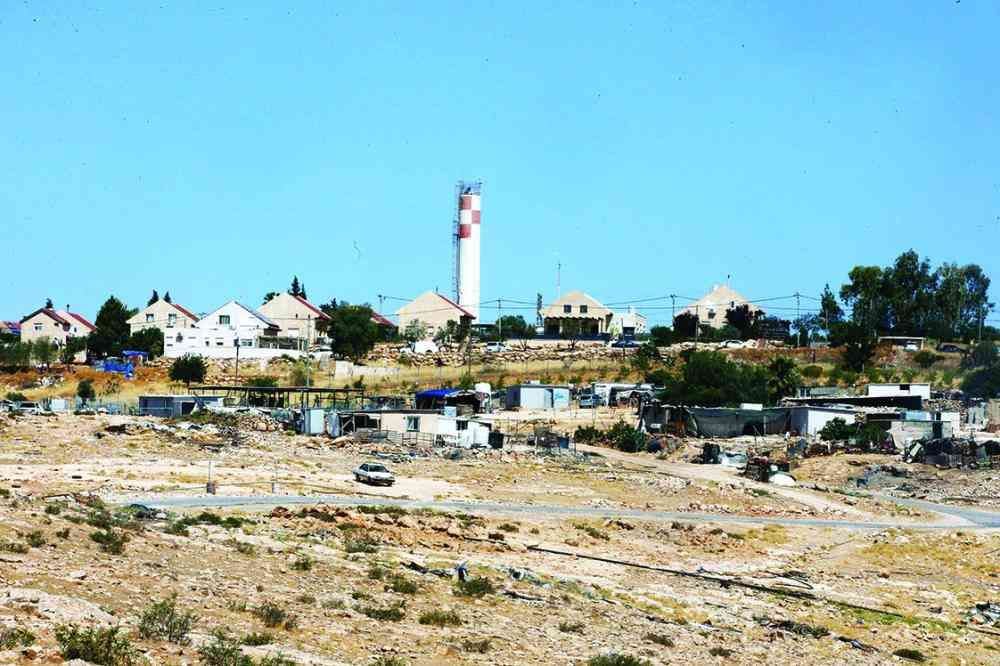
During court hearings, the Palestinians submitted documents that showed that they had lived in this area before Israel’s occupation of the West Bank. The documents included official records from the United Nations that also highlighted Israeli attacks on villages in 1966.
Petitioners also uncovered a 1981 written recommendation by the then-agriculture minister Ariel Sharon to declare the area a firing zone, in order to curb the spread of the rural Arabs.
Yet, despite the evidence, the high court accepted Israel’s position that there were no permanent residences in the area when Israel declared it a firing zone.
“There’s a lot of evidence which shows that people have been living here before the occupation,” Awdah Al Hathaleen, a young Palestinian rights activist, tells Geo.tv over the phone, “But they don’t care about the evidence.”
The residents of Masafer Yatta have also rejected the proposal by Israel’s military to allow locals seasonal access to their own land.
“Israel wants people to live in fear,” Awdah Al Hathaleen adds, “And we cannot resist because they are ready to kill us.”
After the high court order, demolitions have begun in eight villages.
Life in a cave
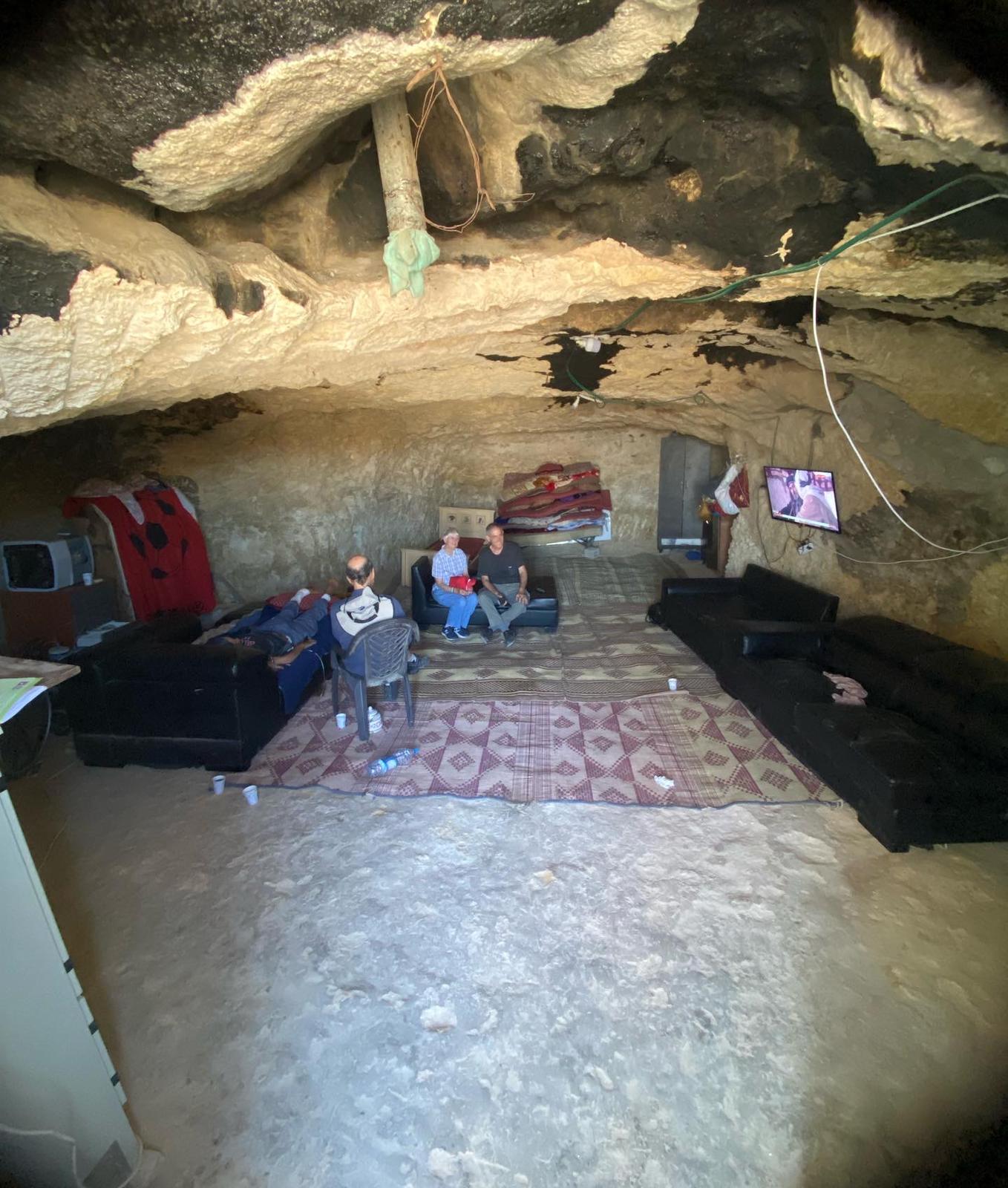
Harun Abu Aram, a 24-year-old farmer, has had his house demolished and is currently living in a cave with his parents and four siblings. He fears that he might be asked to move out of the cave as well.
“They demolished our house in November 2020, only two months after its construction,” he tells Geo.tv Aram worries that he and his family will be forced out of their home a second time. “We have no other place to go,” he states.
Alaa Hathaleen, a local activist, who has been documenting the plight of the people in Masafer Yatta, said: “Nobody cares about us. Nobody cares about what’s happening here to us.”
Over 2.7 million Palestinians live in the West Bank. While 475,000 Israeli settlers also live in the area in communities considered illegal under international law.
After the area was declared a military area by Israel in 1981, new construction was prohibited for Palestinian residents.
Even the Palestinian families who continue to live in the area, do not even have access to basic facilities.
“We live in homes made from tin shacks where solar is our only choice for energy,” Alaa Hathaleen explained, “Access to water is another difficulty because they [Israel] destroy our water networks. But there is an Israeli chicken farm near my house that has constant access to water and is connected to the uninterrupted power supply.”
Stop the evictions
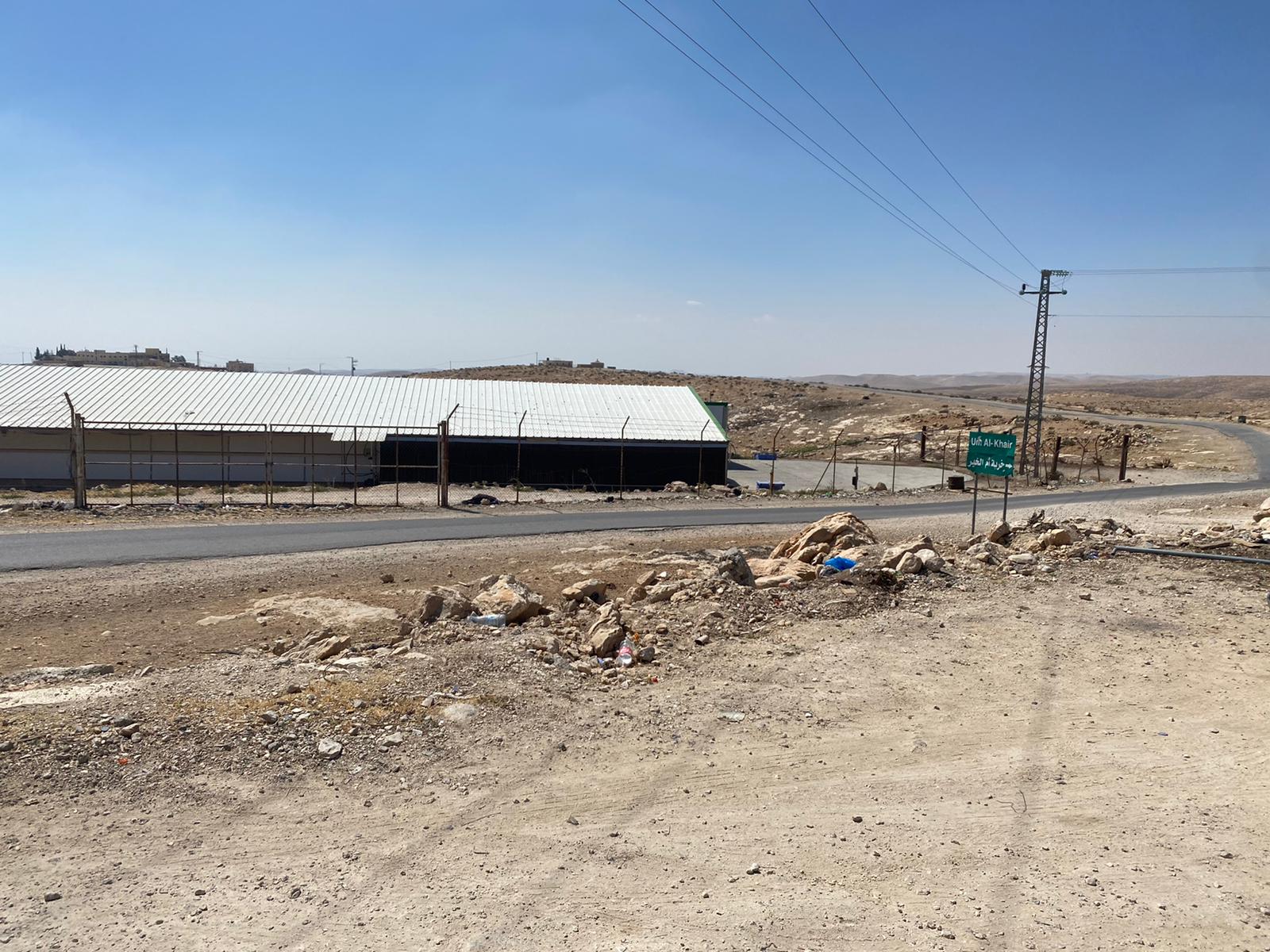
There has been some global outrage as well. In fact, the European Union and United Nations condemned the verdict by the Israeli court.
“The establishment of a firing zone cannot be considered an 'imperative military reason' to transfer the population under occupation," the EU spokesperson said in a statement.
Moreover, 83 congressional Democrats have sent a letter Secretary of State Antony Blinken calling on the Biden administration to stop Israel
But none of these efforts have helped the Palestinians or stopped the Israeli authorities as yet.
Farooqui is a freelance reporter.




